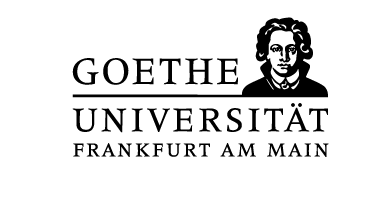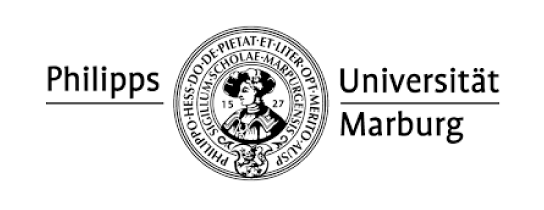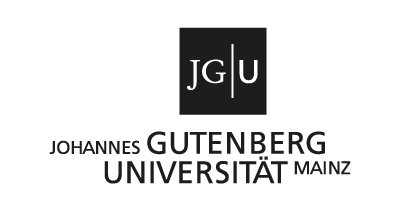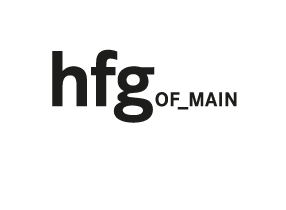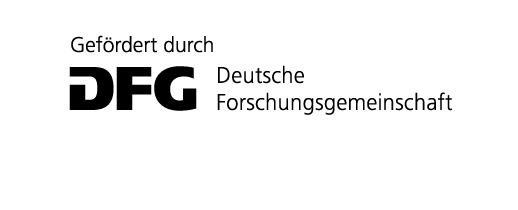Maps of the Commons. Curatorial and archival maps of activist energy
My dissertation project deals with curatorial-archival remapping of public space in response to the loss of energy in political protests. From a materialistic point of view, energy can never disappear, only be transferred. The question of the loss of energy in a movement therefore also raises questions about the storage and mobilization of energy. In this context, I understand mapping—analog, digital, auditory, and cinematic—as a medium used by activist movements to make themselves visible, legitimize themselves, and preserve themselves. When does the conservatory impulse of an activist movement begin, when does it start to reflect on its functions and consequences?
I apply these considerations to the concept of the “commons.” Since space always arises through shared use, it is subject to constant fluctuations between energy loss and recovery. The performativity of use is also evident in maps, which are used as a means of planning, organization, and documentation—in short, as a means of agency.
My case studies revolve around events from political history – counter-mapping after the protests and occupation of the intersection and gas station in Minneapolis following the murder of George Floyd in 2020, a re-medialization of the “Kent State massacre,” in which four students were shot and killed by the National Guard on their campus in 1970 during a demonstration against the invasion of Cambodia by US troops; the reunification of Germany after prolonged protests and its impact on the art in architecture policy of both German states, using the example of a government agency backyard in Berlin-Hellersdorf; the cartographic representation of cultural treasures in South Central Los Angeles, as a reinterpretation of a kind of no-go zone by the neighborhood. All these events can be described in terms of ongoing mapping processes, as they generate concrete spatial knowledge. The mapping practices described thus become, in contrast to hegemonic mapping for the purposes of control, means of imagining other forms of community and maintaining energy. As “Maps of the Commons,” they work curatorially and archivistically toward an uncertain future. They take up ideas and claims and medialize them. Between the desire for legitimation and preservation and the attempt to escape institutionalization and museumification, a contradictory dynamic of negotiation emerges.
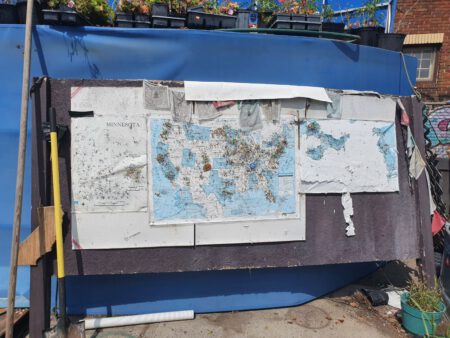
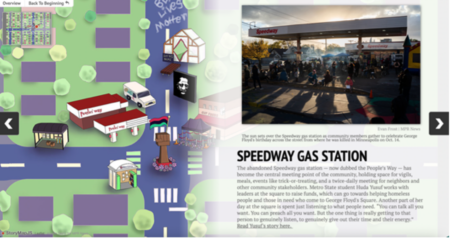
Profile
Maren Feller is a research assistant in media studies at the Institute for Theater, Film, and Media Studies at Goethe University Frankfurt. In her dissertation, she uses the concept of the commons to examine the archiving and mapping practices of activist movements.
Publications:
Dominique Gonzalez-Foersters Antikenroman. Wo wohnen die mythischen Figuren der Skulptur Projekte?, in: Curatorial Statements. ART-Dok., 2024, Link.
Pinning Down George Floyd. Punitive Mapping and its Counter-Imagination, in: Soumik Pal; Namrata Rele Sathe (eds.), Media and the Police State, Jump Cut: A Review of Contemporary Media, 2024, Link.
